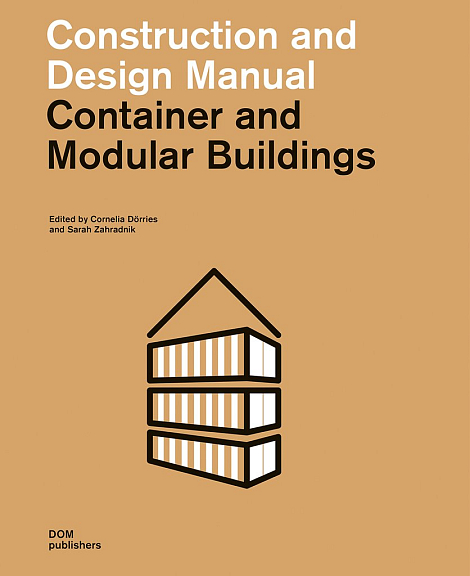-
Книги
- Нонфикшн
- Гуманитарные науки
- Деловая литература
- Естественные / Точные науки
- Книгоиздание
- Лайфстайл
- Словари / Энциклопедии
- Художественная литература
- Детектив
- Драматургия
- Классическая проза
- Мифология. Эпос
- Поэзия
- Собрания сочинений
- Современная художественная проза
- Фантастика. Фэнтези
- Биографии / Мемуары
- Графические романы / Комиксы
- Детские книги
- Воспитание. Педагогика
- Детский досуг
- О детских книгах
- Познавательная литература
- Художественная литература для детей
- Журналы / Зины
- Архитектурные
- Гуманитарные
- Журналы о моде
- Зарубежная периодика
- Искусство / Фотография
- Кино / Театр
- Лайфстайл
- Книги «Подписных изданий»
- Книги на иностранных языках
- Английский язык
- Испанский язык
- Итальянский язык
- Книги на иностранных языках для детей
- Немецкий язык
- Финский язык
- Французский язык
- Шведский язык
- Книги о кино
- Книги о музыке
- Книги о средневековье
- Книги о театре
- Книги о фотографии
- Книги об искусстве / Книги об архитектуре
- Альбомы по искусству
- Архитектура
- Декоративно-прикладное искусство
- Живопись
- Искусствоведение
- Орнаменты
- Прочее
- Танец
- Татуировка
- Творческое развитие
- Книги по философии
- Кулинарные книги
- Николай Солодников рекомендует
- Предзаказ
- Про дизайн / Про моду
- Путеводители / Книги о путешествиях
- Канцелярские товары
-
Подарки
- Брошки и значки
- Гирлянды
- Закладки
- Игры
- Календари
- Наклейки
- Наши сувениры
- Открытки
- Всякие-разные
- Наборы открыток
- Поздравления
- Про любовь и другие хорошие чувства
- С писателями и поэтами
- С цветами, овощами и фруктами
- С цитатами и другими фразами
- Подарочные сертификаты
- Постеры
- Прочее
- Сумки и шоперы
- Упаковка
- Подарочные сертификаты
Адрес магазина: Санкт-Петербург, Литейный пр., 57
Container and modular buildigs
| Автор | < |
|---|---|
| Издательство | DOM Publishers |
| Год издания | 2020 |
| Переплет | Мягкий |
| Страниц | 256 |
| Формат | 225x280 мм |
| Язык | Английский |
| ISBN | 978-3-86922-301-8 |
| Артикул | 1116376 |
Prefabricated housing is a pressing issue – for those looking for affordable homes as well as for refugees fleeing wars or natural disasters. In common with politicians, architects were caught unawares by the largest wave of migration since the end of the Second World War. However, are tent cities and containers the best solution for cheap, dignified, and quickly assembled accommodation for displaced persons? This challenging situation, along with the changing urban landscape, with its ever-diminishing space, calls into question existing standards in relation to serial housing. Bold and unconventional ideas are called for if architects are to offer high-quality solutions.
From eccentric experiments all the way to projects that have already been realised, international design teams present their work between the twin poles of unconventional developments and life-saving shelters in this volume spanning more than 250 pages. Introduced with articles on design principles, and divided into three sections according to the form the structures take when delivered – cuboid, panels and custom units – the book covers everything from playful follies to architectural constructions for the homeless and outpatient medical stations which offer a response to social problems and space shortages. The text, photographs and plans put forward ideas as to how more can be done than the mere assembling of containers. Should we not first consider notions bordering on the absurd in order to come up with workable solutions for housing today?
Подписка на рассылку
Мы будем присылать вам обзоры книг, промокоды и всякие-разные новости




